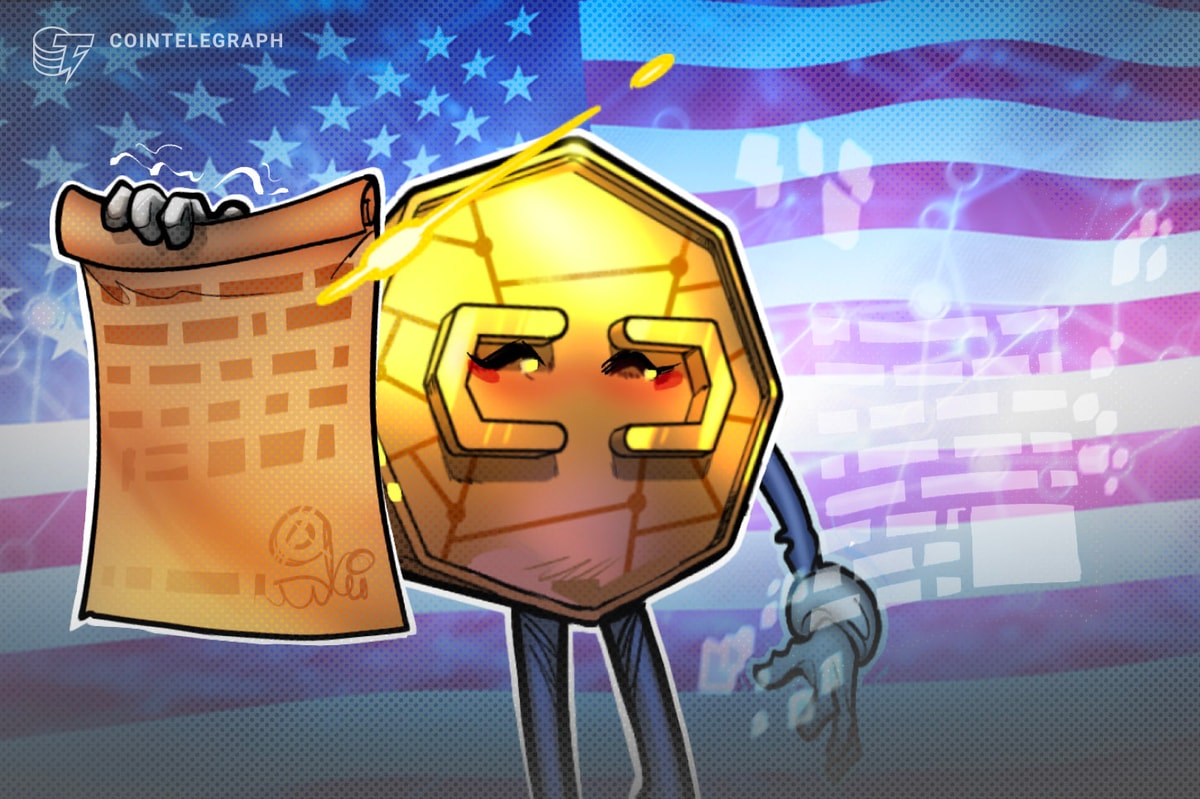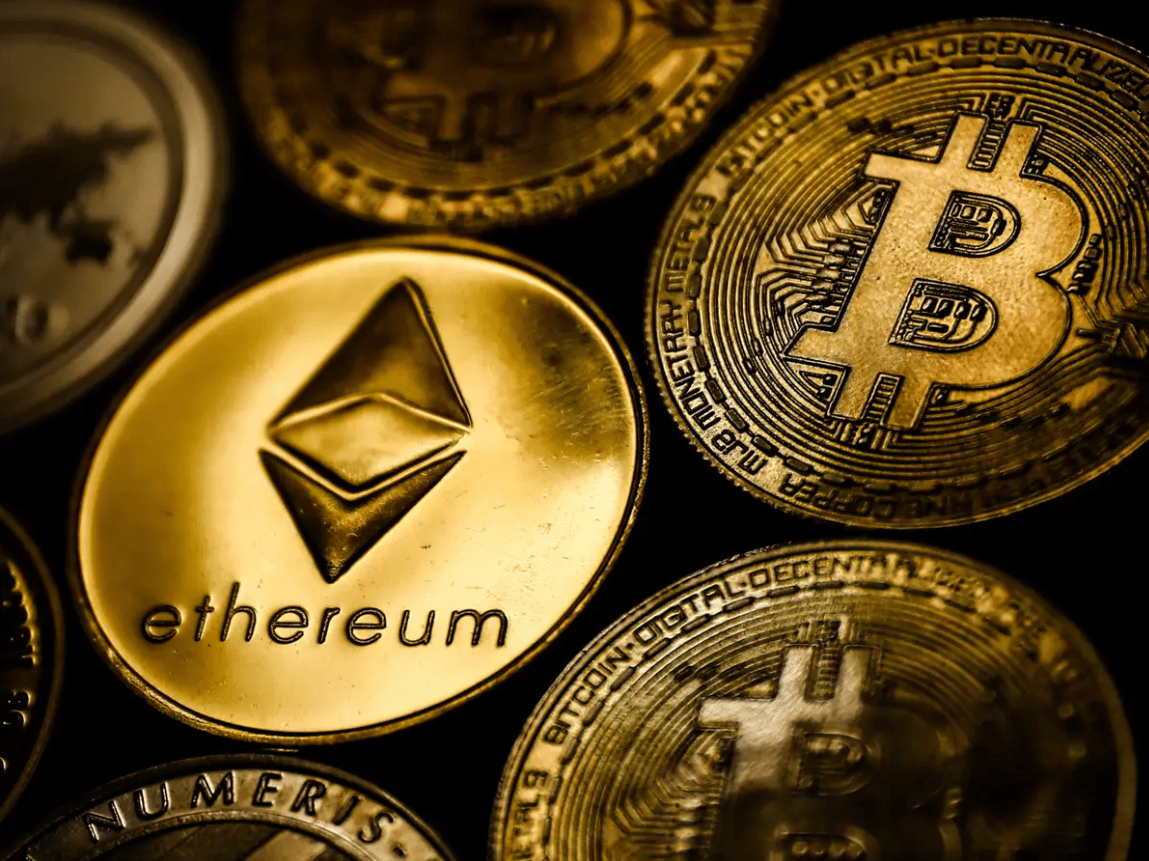The US Senate up to date its crypto market construction invoice on Friday, including a key provision to make clear how tokenized belongings are regulated.
The new clause would be certain that shares and different securities stay categorised as securities when tokenized on a blockchain, avoiding potential confusion over whether or not they need to fall underneath commodities regulation.
The distinction is necessary for digital asset corporations engaged on tokenization. Stocks are already regulated as securities. When tokenized, protecting them as securities confirms they keep appropriate with broker-dealer frameworks, clearing techniques and buying and selling platforms.
“We need this on the president’s desk earlier than the tip of the yr,” Wyoming Senator Cynthia Lummis, a lead sponsor of the laws, stated in an interview with CNBC.
Related: CLARITY Act isn’t good, however it’s the invoice US Congress should go this summer season
Crypto invoice splits oversight between SEC and CFTC
The Senate’s invoice, dubbed the Responsible Financial Innovation Act of 2025, clarifies when digital belongings ought to be overseen by the Securities and Exchange Commission versus the Commodity Futures Trading Commission.
Lummis informed CNBC that she expects the Senate Banking Committee to vote this month on the SEC-related provisions, adopted by a vote from the Agriculture Committee in October on CFTC oversight. A full Senate vote may occur as quickly as November.
While the draft has but to win Democratic backing, Lummis stated bipartisan negotiations are in progress. “There have been efforts to pair Democrats and Republicans on sure sub-issues throughout the invoice,” she famous, hoping to construct cross-party momentum.
Related: Crypto payments transfer ahead after nine-hour stalemate on House flooring
Crypto corporations urge Senate to guard devs in market invoice
Last month, a gaggle of 112 crypto corporations, buyers, and advocacy organizations urged the US Senate to embrace protections for software program builders and non-custodial service suppliers in its upcoming crypto market construction laws.
In a letter to the Senate Banking and Agriculture Committees, the coalition warned that outdated monetary guidelines threat misclassifying these actors as intermediaries.
Major gamers like Coinbase, Kraken, Ripple, a16z and Uniswap Labs joined the decision, arguing that regulatory uncertainty is already driving builders away. Citing knowledge from Electric Capital, the letter famous that the US share of open-source blockchain builders dropped from 25% in 2021 to 18% in 2025.
Magazine: Can privateness survive in US crypto coverage after Roman Storm’s conviction?









